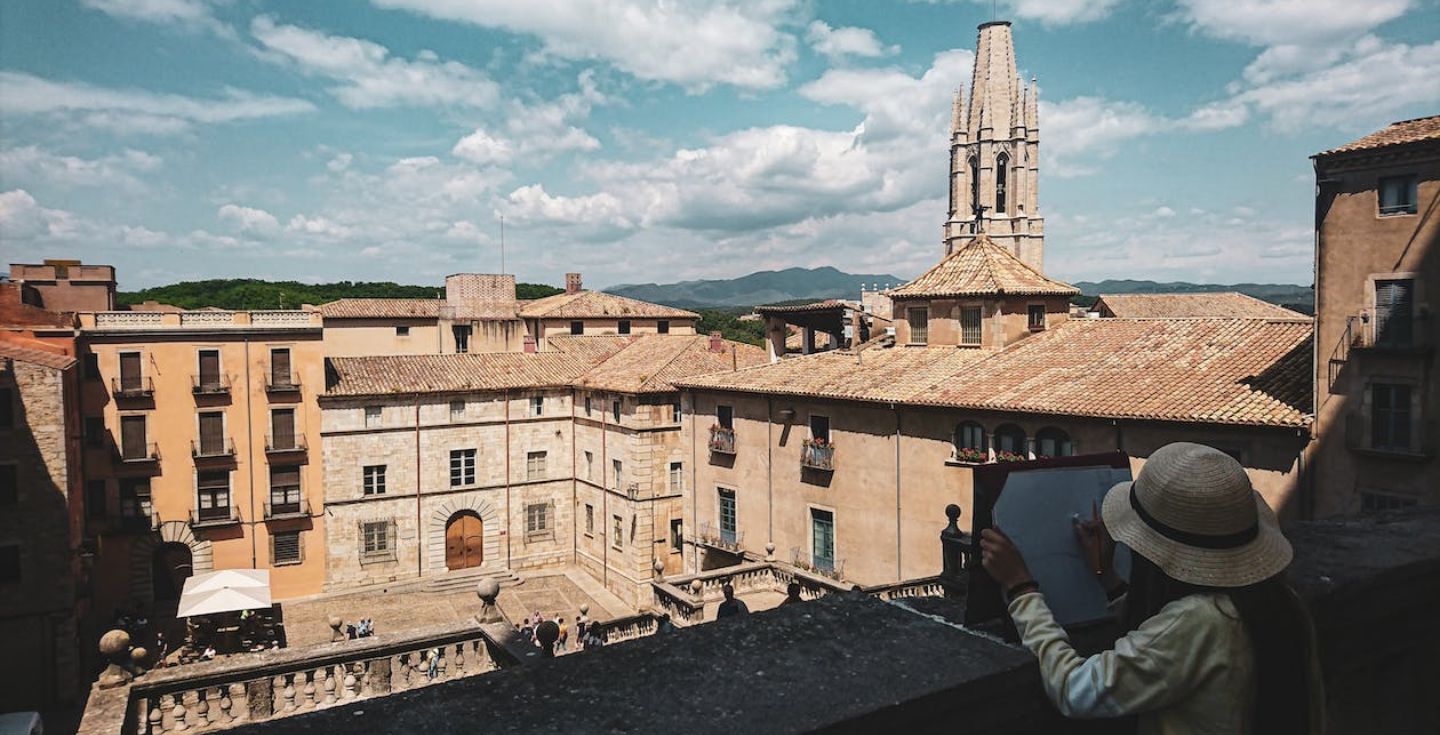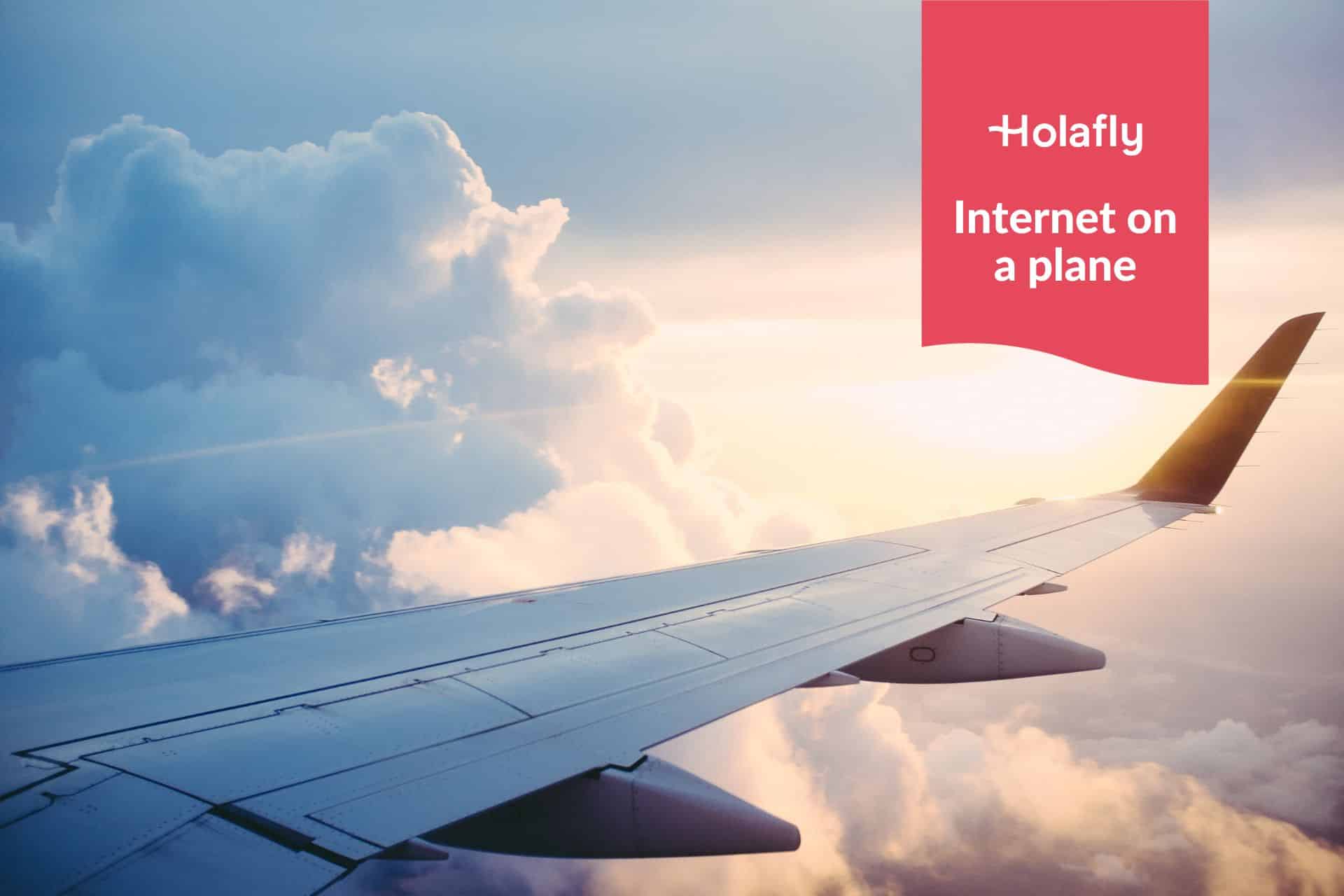Top New Zealand travel tips for 2026
New Zealand’s incredible natural landscapes and rich indigenous culture promise an unforgettable experience. It’s a country that guarantees a great experience no matter when you visit — from skiing in the Southern Alps during winter to hiking and various adventure sports in the summer.
This guide covers 15 must-know New Zealand travel tips that every first-timer should know before arriving there.
We’ll look at everything from social norms and culture through to seasons and weather, so you can make the most of your visit.
1. Visit during the right season for your activities
New Zealand is incredible year-round, but what and how you experience it depends on when you visit.
When planning your itinerary, consider the time and season and choose activities that make the most of the weather and conditions.
For example, if you’d like to surf in Piha Beach (Auckland) or hike the world-famous trails in the Tongariro National Park, we suggest visiting New Zealand during the summer (December to March).
You can expect long, sunny days with temperatures ranging from 68°F to 77°F (20°C to 25°C) — perfect for all kinds of outdoor activities.
If you prefer winter sports or want to go whale-watching, plan your trip for June to August. The snow, especially in the South Island (Wanaka and Queenstown), is particularly great for skiing and snowboarding.
And, of course, the geothermal pools — whether Waikite Valley or Rotorua in the North or Hammer Springs in the South — are great experiences year-round, but particularly during the cold winter months.

Here’s a quick table of some our favorite New Zealand tips for travel, covering must-do activities along with when to do them:
| Activity | Season |
|---|---|
| Skydiving in Wanaka | Summer |
| Hiking the Tongariro Alpine Crossing | Summer and fall |
| Bungee jumping from iconic locations like Kawarau Bridge | Year-round, but summer for the best weather conditions |
| Visiting Hobbiton (Lord of the Rings set) | Year-round, but the flowers are in full bloom in spring |
| Wine Tour in Gibbston Valley | Fall |
| Heli-skiing (Mount Cook, Methven) | Winter |
| Whale watching in Kaikoura | Winter |
| Stargazing in Aoraki Mackenzie | Year-round, but winter has the clearest skies |
| Cruising Milford Sound | Year-round |
| Glowworm Caves Tour in places like Waitomo | Year-round |
2. Be aware of the reversed seasons
While New Zealand has four distinct seasons, it’s the opposite of what you’d experience in the Northern Hemisphere:
- Summer: December to February
- Fall: March to May
- Winter: June to August
- Spring: September to November
When you’re planning your trip, remember to think about the Southern Hemisphere seasons.
| 💡 On a related note, be aware of time zones as well. In summer, New Zealand time follows ‘Daylight Saving’, shifting its time zone from ET+17 to ET+18. This typically begins on the last Sunday of September and ends on the first Sunday of April. |
3. Consider public transport or domestic flights
If you’re on a budget or have limited time in the country, we suggest using domestic flights to travel between the North and South islands.
You can go from Auckland or Wellington (North Island) to Christchurch (South Island) in just a couple of hours and tickets cost as low as $30 USD when you book in advance.
New Zealand’s public transportation network connects all major cities and you’ve also got regular ferry services between the North and South Islands.
Also, if you’re spending significant time in a particular city, you can pick up a transport pass like Wellington’s Snapper Card or Auckland’s AT Hop Card. They’re convenient to use, and you’ll get discounted fares.
However, while buses and trains connect major cities, services between smaller towns can be limited — making it quite challenging to explore New Zealand’s villages and less-touristy spots.
If you’d like to experience the beauty of the New Zealand countryside but don’t have your own car, we recommend taking a scenic train journey.
Operators like Great Journeys NZ have trains with panoramic windows and open carriages that are a great way to experience New Zealand’s wilderness as you travel between hubs like Auckland, Wellington, and Christchurch.
These are usually one-day trips and cost around $120–140 USD ($219–249 NZD).
4. Rent a car or campervan for flexibility
Another New Zealand travel tip is to get your own transportation. Depending on how long you plan to stay, you can rent a car or a campervan (an RV).
That way, you’re not tied to tour schedules or public transport timetables. Also, public transportation is limited to the major cities. You’ll need your own vehicle to explore New Zealand’s countryside.
You can rent a car in New Zealand if you have a valid overseas license. If your license isn’t in English, you may also need an International Driving Permit.
The base rate for a rental car can go from around $12–55 USD ($22–100 NZD) depending on the car you pick. Some companies might also charge extra for services like roadside assistance and insurance.
If planning a one-way trip between islands, check if extra fees are involved for dropping off the vehicle at different locations. Also, costs can rise during peak season, so if you’re on a budget, we suggest getting an older vehicle to save money.

When it comes to renting a camper van, you’ve got three options:
- Camp-cars: They can seat around two people and cost around $45–55 USD ($80–100 NZD) per day. However, they have fewer amenities, so rent them for shorter trips.
- Campervan: They can seat around two to four people, and the daily rental fee ranges from $80–110 USD ($150–200 NZD). They’re more comfortable than camp-cars and are great for longer trips and freedom camping. However, some campervans are not self-contained so check before renting if you plan to freedom camp (camp in your vehicle).
- Motorhomes: These large vehicles can house up to six people and the daily rental fee goes from around $100–170 ($170–300). While comfortable, they come with higher fuel costs and parking restrictions. They’re also slightly more difficult to drive.
We recommend the campervan but make sure to familiarize yourself with campsite (or freedom camping) rules to avoid surprises.
5. Drive on the left
In New Zealand, you drive on the left, which can be quite an adjustment if you’re not used to it — especially in one-lane bridges and roundabouts.
We suggest renting an automatic transmission car so you don’t have to worry about shifting gears with your left hand. One less thing to worry about!
When approaching intersections, think, “left-to-left” — it doesn’t matter if you’re turning left or right, you need to stay on the left side of the road.
Parking can also be a bit tricky, so it might be a good idea to practice left-side parking at home before your trip so you have a feel for it.
Finally, take some time to review the New Zealand Road Code so you understand local traffic laws.
6. Check road conditions
Traffic jams, road closures, and weather conditions can affect your road trips. And with New Zealand’s weather being quite unpredictable — especially in the winter months — it’s important to keep an eye out for weather warnings, including snow, ice, flooding, and high winds.
We recommend two resources:
- New Zealand Transport Agency (NZTA): It provides real-time information about road conditions, including closures due to weather events or maintenance work. There’s even an option to view the traffic cameras in a particular region so you can get a visual sense of your route.
- MetService: This is New Zealand’s official weather authority. They provide rain radar and weather forecasts for different regions, and there’s a “Warnings” section where you can find alerts on thunderstorms, snowfall, rainfall, and other severe weather conditions that can impact your driving plans.
Apart from these, you can also use navigation apps like Google Maps for real-time traffic updates and rerouting suggestions.
Make sure you’ve picked up your eSIM for New Zealand from a provider like Holafly before you go, to get unlimited access to data and make navigation a breeze.
Finally, when traveling in winter, make sure to carry chains for your car — especially if you plan to visit mountainous areas.
7. Book in advance for peak season
Summer, especially the period between mid-December and mid-January, is a popular time to visit New Zealand and can get quite crowded.
If you plan to spend the holidays here, then book your flight and accommodation as early as possible to take advantage of early bird discounts.
If you use a site like Booking.com or Expedia, they offer seasonal discounts and promotions, which can help you save on your travel costs, especially during peak seasons.
Our suggestion: book at least three months in advance and go for an option that includes free cancellation so you won’t be penalized if your plans change.
We also recommend booking your guided activities like treks and walking tours at least a month in advance, as popular tours with reputable operators sell out quickly.
Also, when booking, compare prices on platforms like Viator and GetYourGuide with the tour operator’s official website to find the best deals.
Finally, purchase your sightseeing tickets from the official websites, which offer the best prices.
8. Explore different accommodation types
New Zealand has accommodation options for every type of traveler and every budget. From free campsites and budget-friendly motels to luxury hotels and glamping sites — your options are endless.
But apart from the regular hostels and stays, there are three unique stays that you must try when in New Zealand:
- Luxury lodges: For an indulgent experience, book your stay at one of these lodges that are built in stunning locations and come with first-class amenities including gourmet dining, spas, and more.
- Baches: If you’re into slow traveling or are part of a larger group, rent one of these traditional Kiwi holiday homes. They’re pretty much a fully-serviced apartment but in a rustic house, and most even come with outdoor access for activities like fishing or hiking.
- Māori marae: These are communal places of the Māori communities and are great if you want to immerse yourself in their local traditions and way of life. Some popular options include Waipapa Marae and Makaurau Marae in Auckland and Rehua Marae in Christchurch. You can make your bookings through their official sites.
For luxury lodges and baches, you can either book on their official website or use a platform like Bookabach.
9. Visit national parks and UNESCO sites
New Zealand is home to some of the most stunning national parks in the world. If you’re a nature person, you’ll be right at home exploring its wilderness. Some must-visit national parks are:
- Fiordland National Park: It’s home to Milford Sound, Doubtful Sound, and other otherworldly fiords (fjords). The Māori also have a deep connection to the park and believe it was created by the demi-god Tu-te-raki-whānoa.
- Aoraki (Mount Cook) National Park: It includes the highest mountain (Aoraki) and the largest glacier (Haupapa) in New Zealand.
- Westland Tai Poutini National Park: Situated on the west coast of New Zealand’s South Island, this park is part of the Southern Alps and has over 60 named glaciers. You’ll even get to walk on some.
- Abel Tasman National Park: You’ll find some of the best beaches in New Zealand here, and the park also has some of the most beautiful canyons, like Falls River for high-flow canyoning and Blue Creek for dry canyoning.

Similarly, New Zealand also has three UNESCO World Heritage sites that definitely deserve a place on your itinerary.
One of them is the closest you’d get to experiencing the isolated beauty of Antarctica without actually going there:
- Te Wahipounamu, which includes four national parks — Fiordland, Westland Tai Poutini, Aoraki/Mount Cook, and Mount Aspiring.
- Tongariro National Park, for its volcanic landscapes, and the Tongariro Alpine Crossing, a world-famous hiking trail.
- New Zealand Sub-Antarctic Islands includes five island groups — Antipodes Islands, Auckland Islands, Bounty Islands, Campbell Islands, and The Snares — and is home to many endemic species, including the southern royal albatross and the yellow-eyed penguin.
10. Don’t miss New Zealand’s famous hikes
New Zealand is also famous for its hiking trails — from easy walks to challenging multi-day treks. These are the 11 official Great Walks of New Zealand, and the trails are managed by the Department of Conservation:
| Great Walk | Length | Duration | Difficulty | Mode |
|---|---|---|---|---|
| Milford Track | 33.2 mi (53.5 km) | 4 days | Tracks available for all fitness levels | Walking and tramping |
| Routeburn Track | 19.9 mi (32 km) | 2–4 days | Intermediate during the Great Walks season (October to April); advanced during off-season | Tramping |
| Kepler Track | 37.2 mi (60 km) | 3-4 days | Intermediate during the Great Walks season (October to April); advanced during off-season | Tramping |
| Abel Tasman Coast Track | 37.3 mi (60 km) | 3–5 days | Easy to intermediate | Walking and tramping |
| Tongariro Northern Circuit | 26.7 mi (43 km) | 3–4 days | Tracks available for all fitness levels | Tramping |
| Hump Ridge Track | 37.2 mi (60 km) | 3 days | Intermediate | Walking and tramping |
| Paparoa Track | 34.2 mi (55 km) | 3 days walking; 2 days mountain biking | Intermediate | Tramping |
| Whanganui Journey | 90 mi (145 km) | 3–5 days | Easy | Kayaking and canoeing |
| Rakiura Track | 19.9 mi (32 km) | 3 days | Easy | Walking and tramping |
| Heaphy Track | 48.7 mi (78.4 km) | 4–6 days | Intermediate | Walking and tramping |
| Lake Waikaremoana Great Walk | 28.7 mi (46 km) | 3–4 days | Intermediate | Walking and tramping |
Some of these walks have seasonal restrictions. For example, the Heaphy Track allows mountain biking only from May 1 to November 30. So do your research beforehand.
You’ll need to create an account on the Department of Conservation’s website to book your spot. Bookings open months in advance and can fill up within minutes.
Research the exact booking opening date for the track you’re interested in and reserve your spot as soon as the window opens.
And if, unfortunately, you’ve missed your spot, use a service like Great Walks Booking to set alerts for cancellations on popular tracks.
11. Pack for all weather
The next important question is what to pack for your trip to New Zealand. This depends on two things — when you visit and what you plan to do. But generally speaking, here are some guidelines:
- Pack layers: As we mentioned earlier, New Zealand’s climate is unpredictable and nights can get chilly even during summer. Follow the layering system — a base layer (tops and thermals), mid layer (lightweight sweaters), and outer layer (jackets and ponchos).
- Bring sturdy footwear: It’s guaranteed that you’ll spend a lot of time outdoors when in New Zealand, so pack some hiking boots and comfortable walking shoes.
- Activity gear: If you plan on specific activities like hiking, kayaking, or skiing, remember to pack the necessary gear. This might include trekking poles, waterproof bags, swimwear, and appropriate footwear.
However, you don’t have to pack heavy. Most accommodations have laundry facilities and you can rent specialized gear instead of bringing it from home.
12. Bring sun protection
New Zealand has low air pollution when compared to most other countries, but this clean environment also means a higher UV index, and you’re going to need some strong sunscreen to protect yourself from the harsh rays of the sun.
Summer sees the highest UV index with the ozone-depleted air moving over New Zealand from Antarctica. But spring and fall aren’t far behind.
Even on cloudy days (winter months), up to 80% of the UV rays can slip through the clouds.
Make sure to follow the popular “Slip, Slop, Slap, and Wrap” routine:
- Slip on protective clothing
- Slop on sunscreen
- Slap on a wide-brimmed hat
- Wrap on sunglasses
Stay sun-smart and pack some broad-spectrum SPF 50+ sunscreen, wide-brimmed hats, and sunglasses.
We also recommend you give our checklist for international travel a read so you’re covered on all fronts.
13. Get an eSIM for internet access
From getting weather updates and planning your routes, to making international calls to family and searching Reddit for on-the-go travel advice, you’re going to need mobile internet pretty much from the minute you land in New Zealand. Our suggestion: get yourself a New Zealand eSIM for travel.
They’re a lot cheaper and more convenient when compared to both local New Zealand SIM cards and international roaming. You also don’t have to worry about losing your permanent SIM card.
The Holafly eSIM for New Zealand comes with benefits like unlimited data, zero roaming charges, and hotspot options where you can share up to 500 MB of data with a secondary device (like your kid’s phone).
Holafly’s one-day plan costs $6.90 USD and prices decrease with longer durations, with a two-week plan costing only $47.90, which averages to just $3.42 per day.
Just make sure to check if your phone is eSIM-compatible. Most phones launched after 2019 are unless they’re an iPhone from mainland China, Hong Kong, or Macao.
14. Respect nature with the Tiaki promise
New Zealanders (Kiwis) have a deep connection to the land, which has resulted in a culture of ‘guardianship’ — protecting the environment and preserving its natural beauty for future generations.
This has also led to the Tiaki promise where visitors are encouraged to care for the “people and place.” The key principles of the Tiaki promise are:
- Kaitiakitanga (Guardianship): This emphasizes caring for the natural environment, including land, sea, and wildlife, so you help protect fragile ecosystems.
- Manaakitanga (Hospitality): Here, you show kindness to local communities and their cultural heritage by engaging with Māori customs and traditions respectfully.
- Whanaungatanga (Belonging): This is about creating a sense of community with both locals and other visitors — fostering a sense of belonging with the people and the land.
Our Tiaki-inspired travel tips for New Zealand include choosing eco-friendly options, participating in cultural experiences, not disturbing people and animals, and learning about New Zealand’s history, ecology, and conservation efforts.
15. Practice leave-no-trace principles
Be mindful of your environment and ensure you leave no trace of your visit — particularly when amidst nature, like camping or hiking.
This means packing up all your trash, disposing of waste properly, and minimizing your impact on the natural surroundings.
Some practical things you can do are:
- Use established paths and trails when camping to minimize damage to vegetation and soil.
- Don’t take natural souvenirs like rocks, plants, and fossils or disturb the natural environment by carving on trees and rocks.
- Keep a safe distance from wildlife (don’t feed them), as this can disrupt their natural behaviors.
- Bring all waste back with you, including food scraps, wrappers, and hygiene products.
- Use established fire rings and keep campfires small. More importantly, ensure all fires are completely extinguished before leaving.
This helps minimize the impact of your visit and shows your respect for the land.
Some final advice on traveling to New Zealand
New Zealand is a bicultural country, and Te ao Māori (the Māori worldview) is a huge part of interaction with locals.
We highly recommend you read up on the Māori way of life before your trip for an enriching and culturally immersive experience. Also, the country is quite casual, so make sure to pack comfortable clothing.
And finally, don’t forget your eSIM New Zealand from Holafly for a stress-free travel experience!
Purchase it online, scan the QR code in your confirmation email upon landing, and instantly enjoy uninterrupted mobile internet across the country — from the vibrant city of Auckland to the majestic Southern Alps.





 Language
Language 


















 No results found
No results found










